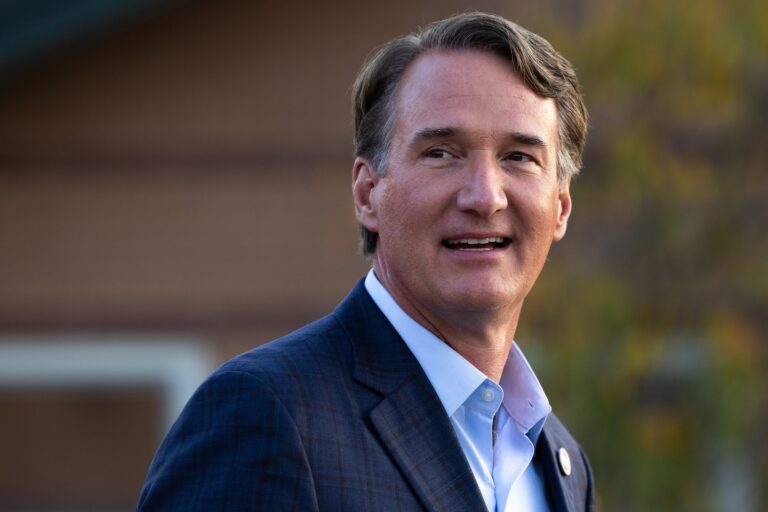“This important step will promote a healthier, more focused educational environment where all children can learn freely. Creating a cell phone and social media-free learning environment in Virginia’s K-12 education system will benefit students, parents and educators,” Youngkin said in a statement.
The move comes as states across the country increasingly try to restrict cellphone use in schools. California Gov. Gavin Newsom (D) announced last month that he supports restrictions after U.S. Surgeon General Vivek H. Murthy called for social media apps to have cigarette-like warning labels to inform users about the harmful effects they can have on young people’s mental health.
Other states are taking similar steps: Indiana passed a bill this year requiring school districts to adopt policies banning wireless devices during class time, and Florida Gov. Ron DeSantis, a Republican, signed the nation’s strictest school smartphone law last year, banning use in class and blocking access to social media on campus internet.
The debate over smartphones in schools has been going on for years. Teachers have long complained about students texting, scrolling, and playing games during class, leading some to issue their own classroom bans and force students to hand over or put away their phones. Some schools and districts have also turned to high-tech solutions, like magnetic pouches that can lock students’ devices for the day.
Last fall, a survey by the children’s advocacy nonprofit Common Sense Media found that 97% of teenagers use cellphones during class. Some researchers believe cellphones contribute to lower academic achievement and increased mental illness among teens. The dangers are heightened now as schools rush to make up for learning lost during the pandemic.
Parents are divided on the issue, with some backing stricter regulations, others saying decisions about cellphone use should be left up to parents and others expressing concern about needing to contact students in emergencies or school closures.
Education has been a key focus for Youngkin, who ran on a “parental rights” message. Virginia’s mandate is two-fold: The state argues that curbing excessive screen time is not only better for students’ mental health, but also promotes learning by eliminating distractions in the classroom.
“Creating a cell phone-free educational environment in our public schools is not only a prudent step, but a necessary one to foster a healthier, more focused educational environment in which all children can learn freely,” the order reads.
The order directs the Department of Education to hold hearings to hear from parents and stakeholders on what the best approach is for Virginia. The Department will then issue guidance on best practices and policies that school districts can implement. The Department plans to have final guidance ready by September so that school districts can implement cell phone policies by January 1. The guidance is not a mandatory requirement.
According to the Youngkin administration, part of the order’s purpose is to streamline efforts that individual teachers, schools and districts have made to limit cellphone use by creating guidelines and best practices for the state.
Many Virginia school districts already have rules limiting cellphone use, and others are discussing how to enforce or strengthen those rules more strictly. The Fairfax County School Board voted in May to have the superintendent develop a pilot program in the state’s largest school district to keep cellphones in the custody during school hours. The superintendent is expected to present the pilot program to the school board this summer.
Last month, the Loudoun County School Board approved a policy restricting cellphone use during school hours. After receiving hundreds of comments from parents, teachers and students, the policy states that cellphones and earphones must be kept silent and out of reach during school hours unless “extraordinary circumstances exist and there is a documented plan to address them.”
In Arlington County, parent groups are calling on the school district to institute a countywide policy requiring students to put their cellphones away in their lockers during the day, arguing in a letter to the superintendent that such a policy would be the best way to curb the influence of cellphones.
“The urgency has never been greater, given the negative impact that personal devices have on students’ personal well-being, learning opportunities and access to curriculum,” the groups wrote in the letter.
This story is developing and will be updated.

